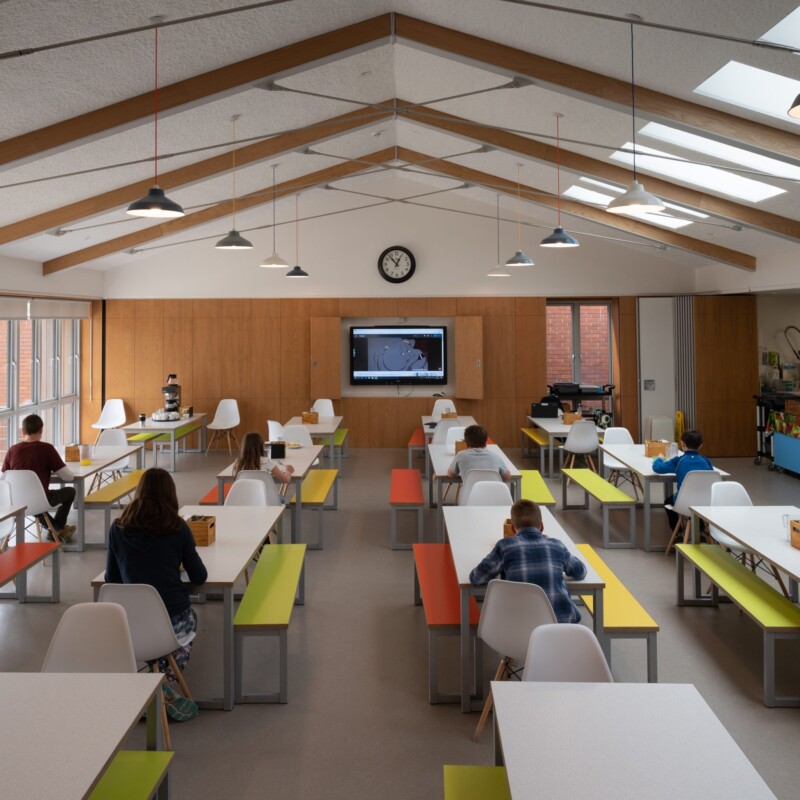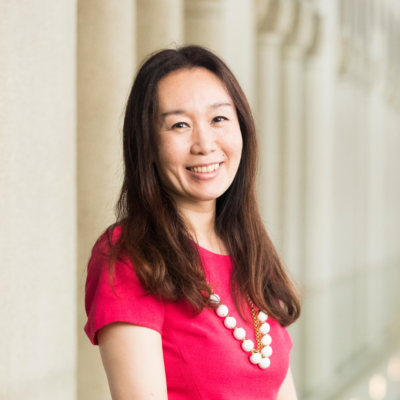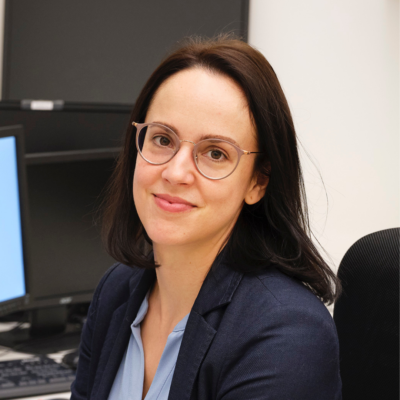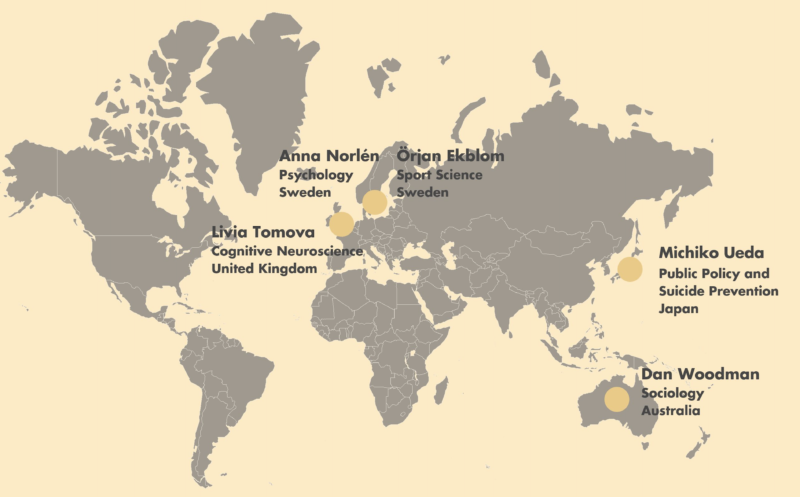
Abstract
The COVID-19 pandemic is a generation-defining health crisis that has various far-reaching consequences. One of the most identifiable and disproportionate impacts of the pandemic has been on the mental health of children of different age groups – from pre-school toddlers to young adults.
Mental health on a global scale
According to UNICEF, around 1.6 billion children have been affected globally due to school closures and the multidimensional resultant crises that have mushroomed from the cracks in educational infrastructure, as well as the usual societal and familial interactions.
An important aspect to consider is the vulnerability of children to these unprecedented circumstances, because of their complete dependence on adults to meet different needs. But this crisis has deprived them of this essential support system, as parents, teachers, caregivers, etc., have all been affected by the pandemic and often lack the clarity or knowledge to deal with children’s psychological needs. Lockdowns and physical distancing norms followed during the pandemic have additionally brought upon a related set of limiting circumstances for children and adolescents. Firstly, in the absence of physical classrooms or tactile interactions with other classmates such as playing, sharing or co-working, as well as being outdoors or exploring things, children’s access to necessary stimuli has been reduced. Secondly, the pandemic has given rise to increased levels of stress in household situations, finances, food, amenities and other things, all of which have profound implications on children and teenagers. Lastly, education during the pandemic, with its dependence on remote learning and online classrooms, has worsened accessibility and socio-economic differences between youngsters.
In this discussion, the various issues pertaining to growing up during a pandemic will be explored – what could be the short- and long-term developmental impact of these years of adversities and stress? How could educational organizations and caregivers help children and young adults cope with mental health and psychosocial support? How could an intersectional approach with inputs from various disciplines help mitigate the class divide and address the existing learning crisis? Have we heard the voices of children and young people during the pandemic and let them influence decisions and routines? These questions along with other relevant ones will be examined with openness and curiosity at this interdisciplinary session.
Explorer

Anna Norlén
Psychology, Sweden
Anna Norlén is a licensed Psychologist, Psychotherapist, and the Vice Chancellor of The Erica Foundation. She has a long experience of supporting and treating children and young people subjected to violence, sexual abuse, maltreatment and other trauma. She has worked with vulnerable children in child protection, social services, child and adolescent mental health services and psychiatry units, private practice, and institutional care. She is also a doctoral student in psychology at Karlstad University.
Her research focuses on dissemination and evaluation of trauma-focused therapy for children aged 0–6 years. Norlén is a frequent lecturer at universities and in social services, pre-schools and primary education, and healthcare. She is also a frequently consulted expert in media on mental health among children.
Co-Explorers
The fellow academics who are from different disciplines. They explore the topic from various perspectives and make the discussion interdisciplinary.

Michiko Ueda
Public Policy and Suicide Prevention, Japan
Michiko Ueda is Associate Professor in the Faculty of Political Science and Economics at Waseda University, in Tokyo, Japan. Prior to joining Waseda University, she has taught at Syracuse University and California Institute of Technology. Ueda’s research interests include suicide prevention, public health, and public policy.
Her latest publications include, “Suicide and mental health during the COVID-19 pandemic in Japan” and “Mental health status of the general population in Japan during the COVID-19 pandemic.” She received her PhD from Massachusetts Institute of Technology (MIT).

Dan Woodman
Sociology, Australia
Dan Woodman is a Professor of Sociology in the School of Social and Political Sciences at the University of Melbourne. His research focuses on the sociology of youth, young adulthood and generations. He is the co-Editor-in-Chief of the Journal of Youth Studies, and President of the Council for the Humanities, Arts and Social Sciences of The Australian Sociological Association (TASA).
Woodman is also Chief Investigator of the Life-Patterns Project, one of the largest and longest studies of young lives, tracking three generations of young Australians. He is an expert commentator featured in news, and has extensively written on generational change and the future.

Livia Tomova
Cognitive Neuroscience, United Kingdom
Livia Tomova is a Research Fellow in Cognitive Neuroscience at University of Cambridge. She is interested in how loneliness, social isolation and stress affect the brain and mind, especially during adolescent development. Her PhD research at the Social, Cognitive and Affective Neuroscience Unit at University of Vienna focused on the effects of acute stress on neural correlates of empathy.
Tomova did her postdoctoral training in Cognitive Neuroscience at the Department of Brain and Cognitive Sciences at Massachusetts Institute of Technology (MIT), investigating how deprivation of social needs affects the human brain.

Örjan Ekblom
Sport Science, Sweden
Örjan Ekblom is a Professor of Sport Science at the Swedish School of Sport and Health Sciences (GIH), with a specialization in the field of physical activity and health. He studies how physical activity, sedentariness and fitness can affect a person’s physical and mental health, through both epidemiological and experimental studies involving youth, adults and older people.
Ekblom’s research focuses on the use of physical activity both as a preventive measure as well as a treatment for diseases. He also studies how data from motion meters and surveys can be used to measure physical activity.

